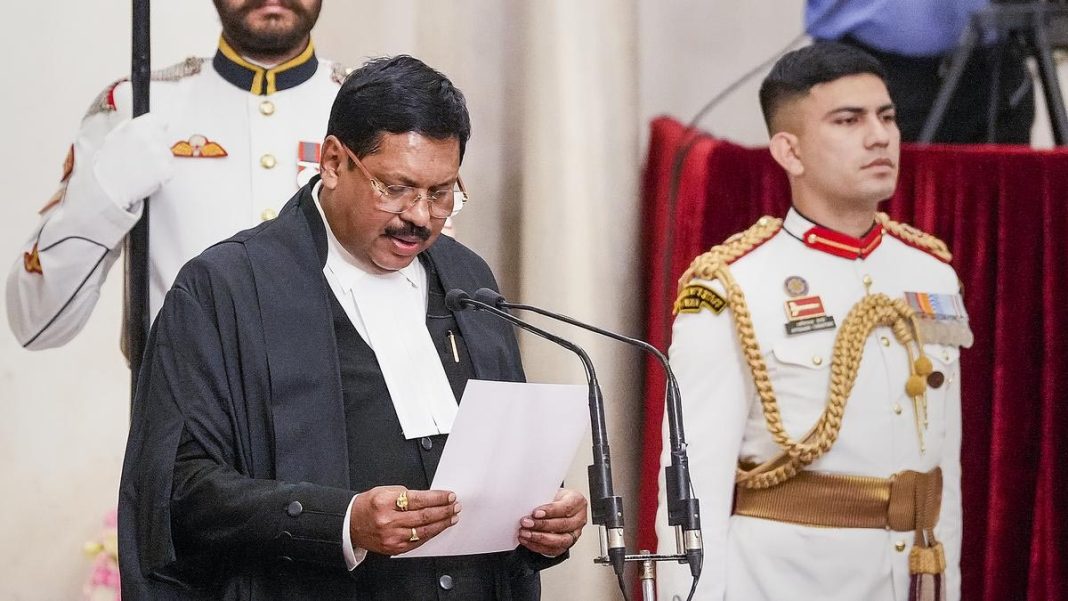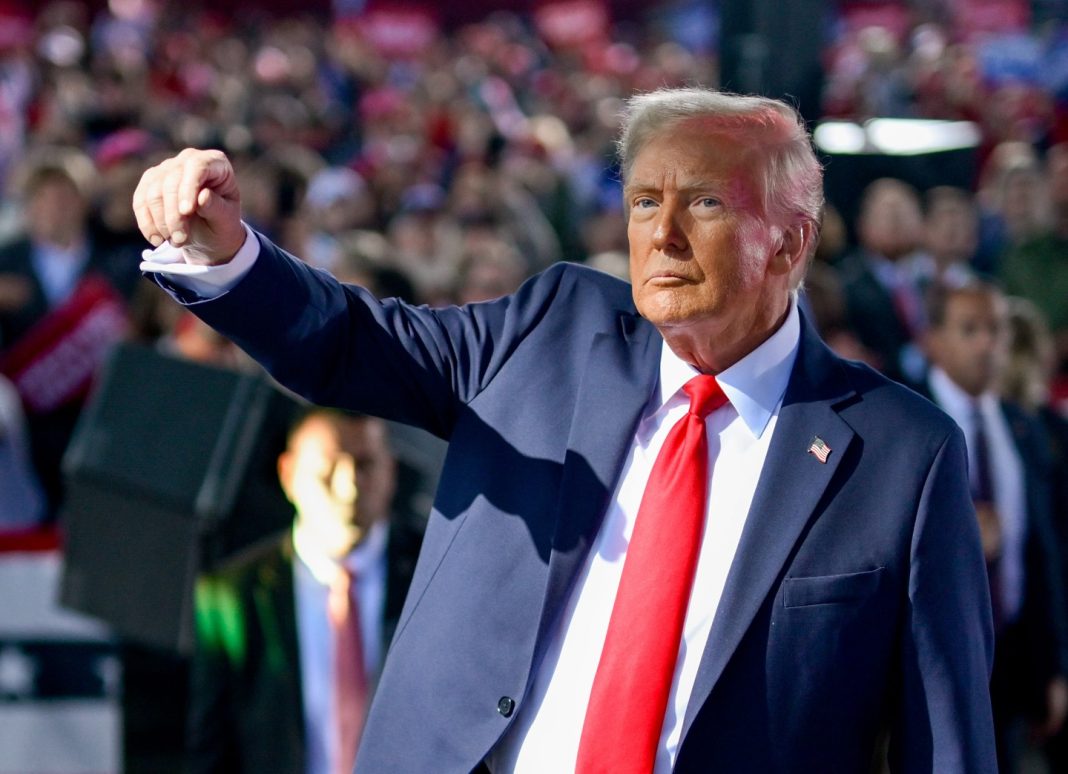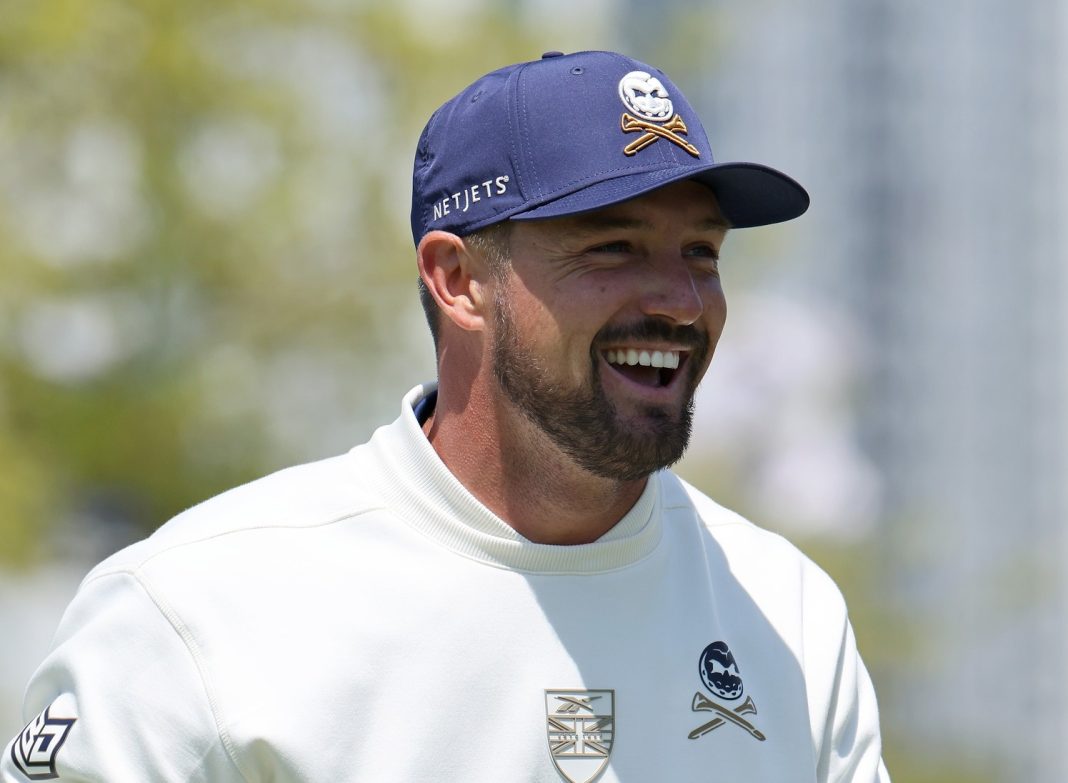
New Delhi, May 18: Chief Justice of India B R Gavai on Saturday affirmed his unwavering commitment to upholding the Constitution and the rule of law.

Speaking at a felicitation ceremony organized in his honour by the Bar Council of India (BCI), Justice Gavai, who took oath as the 52nd CJI on May 14, emphasized his dedication to ensure that constitutional promises reach the broad spectrum of Indian society.
“The only thing I can say is that whatever short period that I have, I will do my best to stand by my oath to uphold the rule of law, to uphold the Constitution of India,” he said.
Justice Gavai said that he will make an attempt to reach the commonest mind of this country, the vast majority of its citizens, so that the vision and promise of the Constitution — social and economic equality along with political equality — is brought into reality.
Highlighting the enduring significance of the Kesavananda Bharati judgment, the CJI called it a cornerstone for resolving constitutional tensions.
“Wherever there is a conflict between Fundamental Rights and Directive Principles of State Policy, the Kesavananda Bharati case has been our guiding light. It teaches us that both are together the soul of our Constitution,” he said.
The CJI reflected on his four-decade journey in the legal field, sharing personal anecdotes that underscored his connection with the legal community. “From 1985 to 2023, I was a member of the Bar, and after my retirement in November 2025, I will be one again. This is like a family celebration for me,” he said.
He spoke about his initial ambition to become an architect, and how his father’s admiration for Dr B R Ambedkar steered him toward law.
“My father couldn’t fulfil his dream of becoming a lawyer due to imprisonment during his youth, but he hoped one of his sons would. As the eldest, I chose to honour his wish,” he said.
Justice Gavai also shared a pivotal moment in his career when he debated whether to accept the role of Government Pleader, citing financial concerns.
Encouraged by then-Justice Sharad Bobde, who advised that the post could accelerate his path to judgeship, Gavai accepted the role, and was offered a high court judgeship within six months.
Recalling his transition from the high court to the Supreme Court, he said the learning curve was steep.
He credited Justice Rohinton Nariman for encouraging him to master new domains, such as the Insolvency and Bankruptcy Code (IBC), and for pushing him to author judgments in these complex areas.
A strong advocate for representation and inclusivity, CJI Gavai urged high courts to recommend more women and candidates from Scheduled Castes, Scheduled Tribes, and Other Backward Classes for judicial appointments.

“If there are no suitable women candidates in the high courts, I have suggested they look to the Supreme Court Bar where many capable women advocates practise,” he said.
He also candidly expressed his reluctance to give media interviews, humorously noting that promises made in such interactions often become points of criticism. “I avoid interviews because I don’t want to make promises I can’t keep.”
Justice Gavai also described the event as a reflection of India’s unity in diversity.
“Today’s function is a true function of diversity in India which we always believe. Our Constitution has been so drafted so as to suit the various in our country: we have geographical diversities, we have regional diversities, we have people from different religions, different castes, we have diversity in economic status of people,” he said.
BCI Chairman Manan Kumar Mishra, addressing the gathering, echoed sentiments of hope and trust from the legal fraternity.

“Those without godfathers, those not related to judges but who are deserving, must also get the opportunity to become senior advocates and judges. The legal community expects that under CJI Gavai’s leadership, merit and social representation will be the benchmarks,” he said. (PTI)





